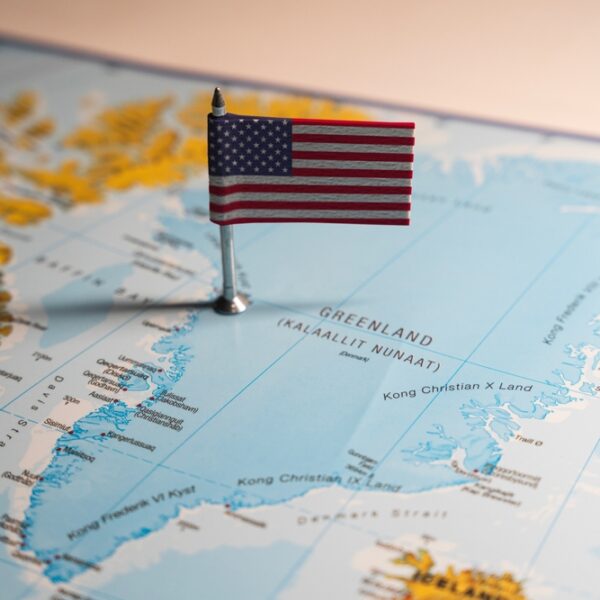UK Supreme Court defines a woman as someone born biologically female
The UK Supreme Court has ruled that the definition of “woman” under the Equality Act 2010 refers specifically to biological sex, marking a significant legal moment in the ongoing national debate over transgender rights.
In a unanimous decision issued on Wednesday, the court sided with campaign group For Women Scotland, which had challenged the Scottish government’s guidance on the 2018 Gender Representation on Public Boards (Scotland) Act. The guidance had stated that a transgender woman holding a gender recognition certificate (GRC) should be treated as a woman under the law.
The ruling overturns a previous decision by the Scottish courts, which had upheld the government’s position. Outside the Supreme Court in London, supporters of For Women Scotland gathered and celebrated the verdict.
“The unanimous decision of this court is that the terms ‘woman’ and ‘sex’ in the Equality Act 2010 refer to a biological woman and biological sex,” said Deputy President of the Supreme Court, Lord Patrick Hodge. “But we counsel against reading this judgment as a triumph for one or more groups in our society at the expense of another — it is not.”
The case has drawn national attention as part of a broader legal and social conversation around the rights of transgender individuals in the UK. Critics of the Scottish government’s approach argued that including trans women in legal definitions of “woman” could undermine protections in single-sex spaces such as women’s refuges, hospital wards, and competitive sports.
Transgender advocacy groups, however, warned that the ruling could result in significant setbacks for trans people, particularly in areas such as employment and access to services. They expressed concern that the decision may open the door to increased discrimination, even for those with legal gender recognition under the Gender Recognition Act.
While the judgment confirms that the Equality Act distinguishes based on biological sex, the court emphasized that trans individuals remain protected from discrimination under separate provisions of the same legislation.
The ruling is expected to influence future legal interpretations and policy decisions related to sex and gender in the UK, as the country continues to navigate complex and often divisive questions about identity, equality, and legal recognition.
Right-wing media hailed the decision, while left-wing outlets were far more dismayed.
UK supreme court ruling on legal definition of woman ‘brings clarity and confidence’, says government – as it happened
The Supreme Court ruling is a victory for women
At last, legal clarity on trans women. But now a multitude of woke managers must be re-educated
‘We won’t stop fighting for equal rights’: Trans charities respond to UK Supreme Court ruling
Trans women are NOT legally women: Definition of a woman relates to ‘biological sex’, Supreme Court rules in landmark judgment that could end transgender access to single-sex spaces
‘COMMON SENSE VICTORY!’ Supreme Court makes landmark ruling on definition of a woman
5 Judges Just Decided How To Define A Woman – And Have ‘Set Trans Rights Back 20 Years’
UK Supreme Court rules legal definition of a woman is based on biological sex
JK Rowling hails Supreme Court ruling on trans women — as it happened
















